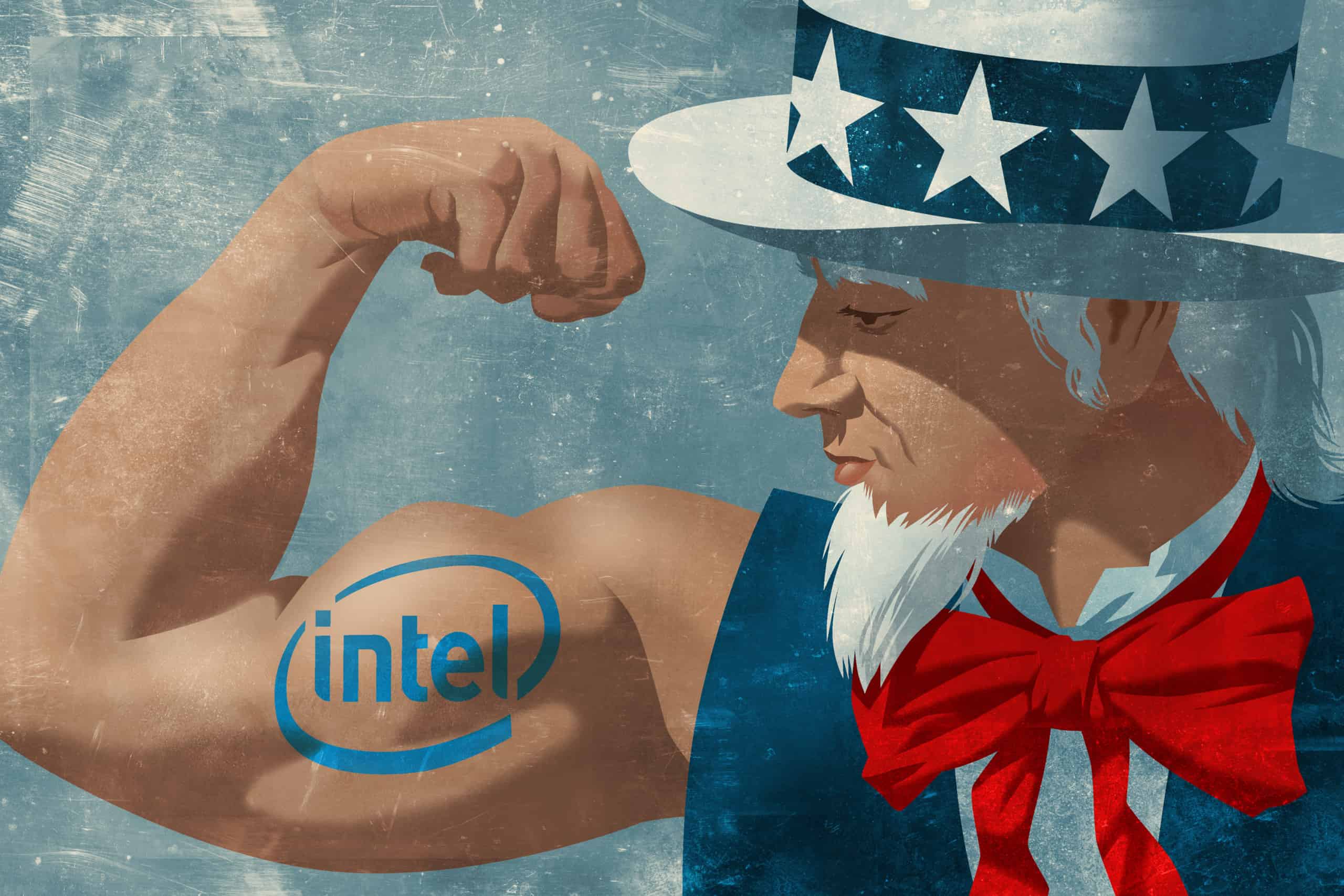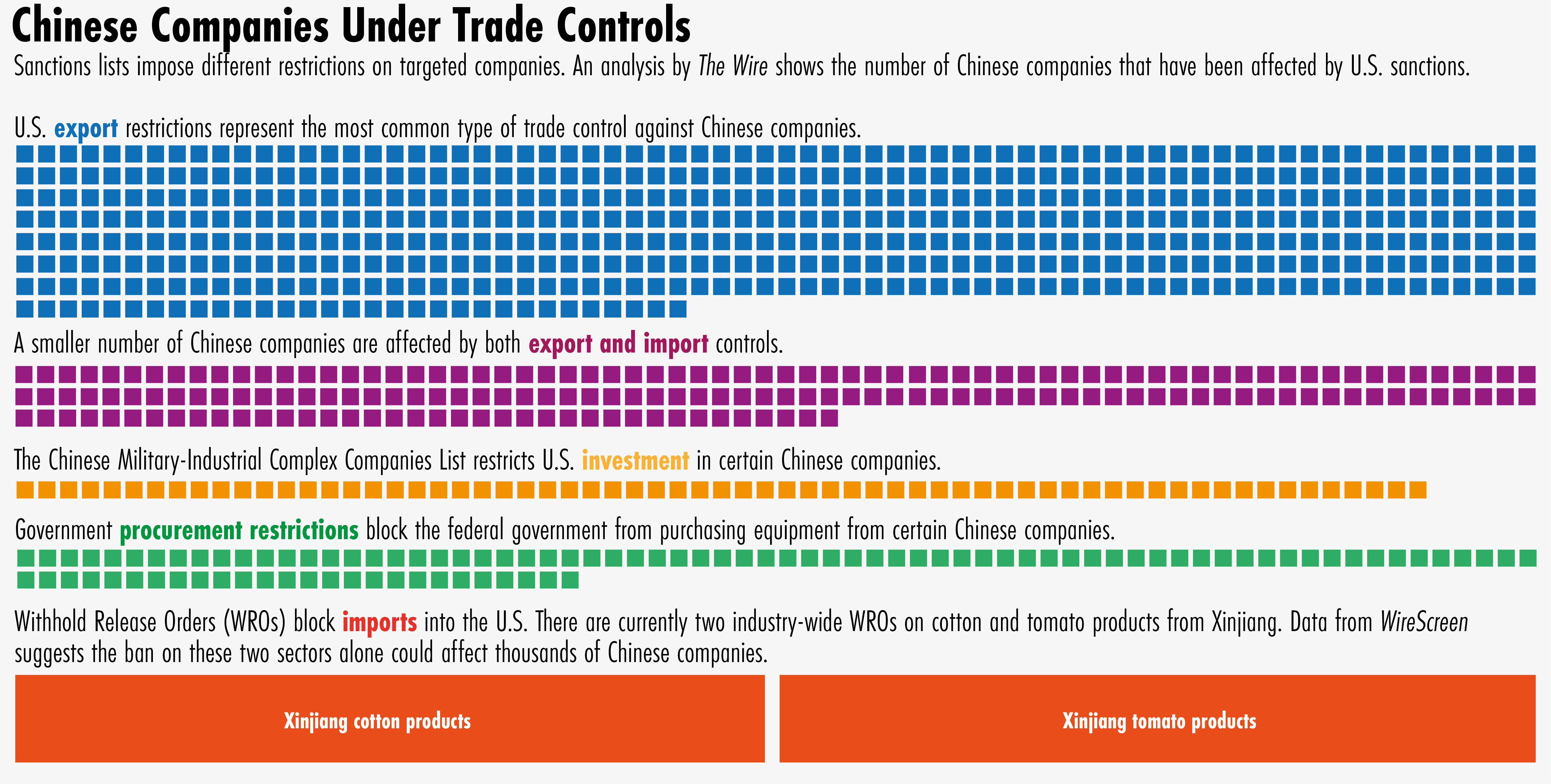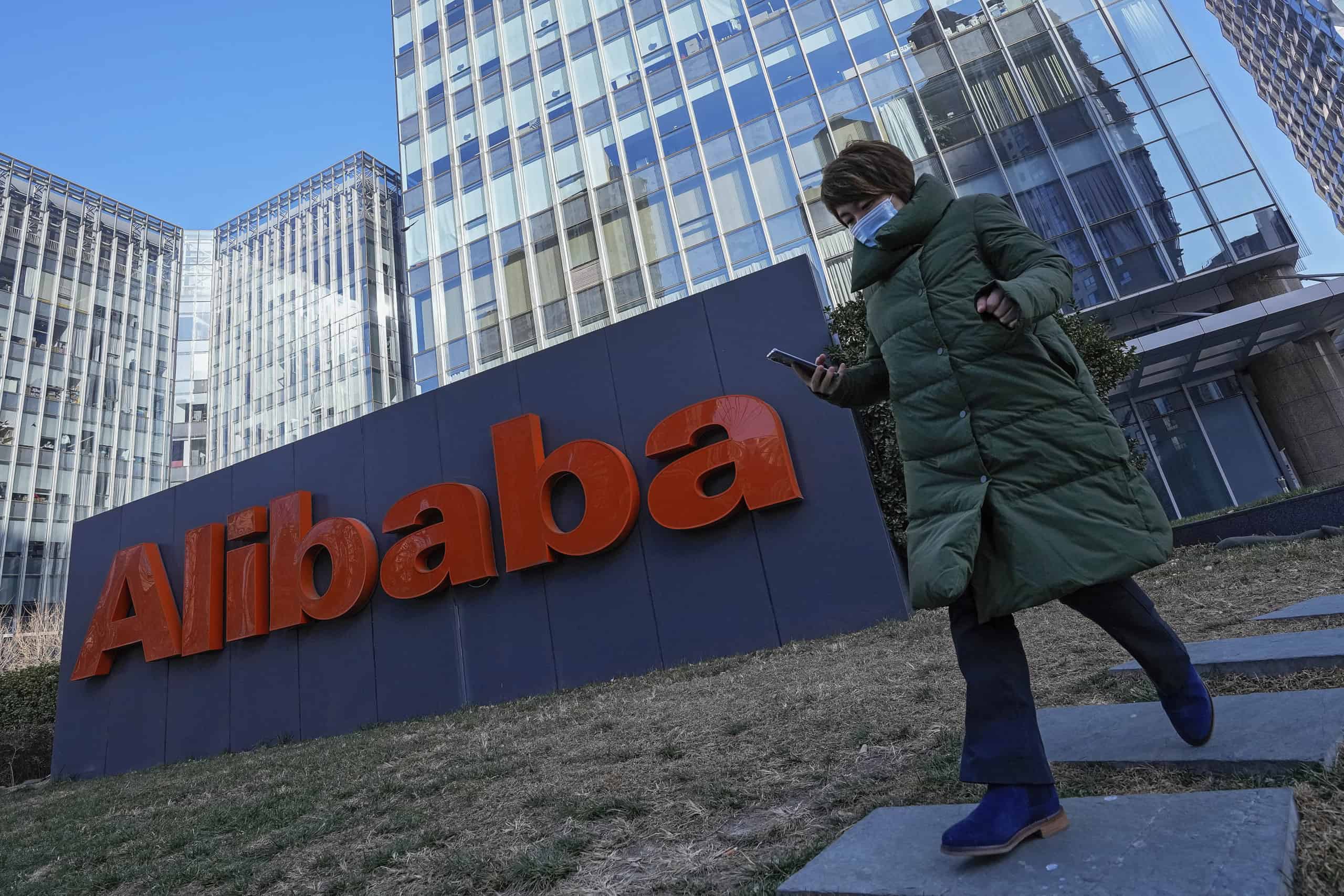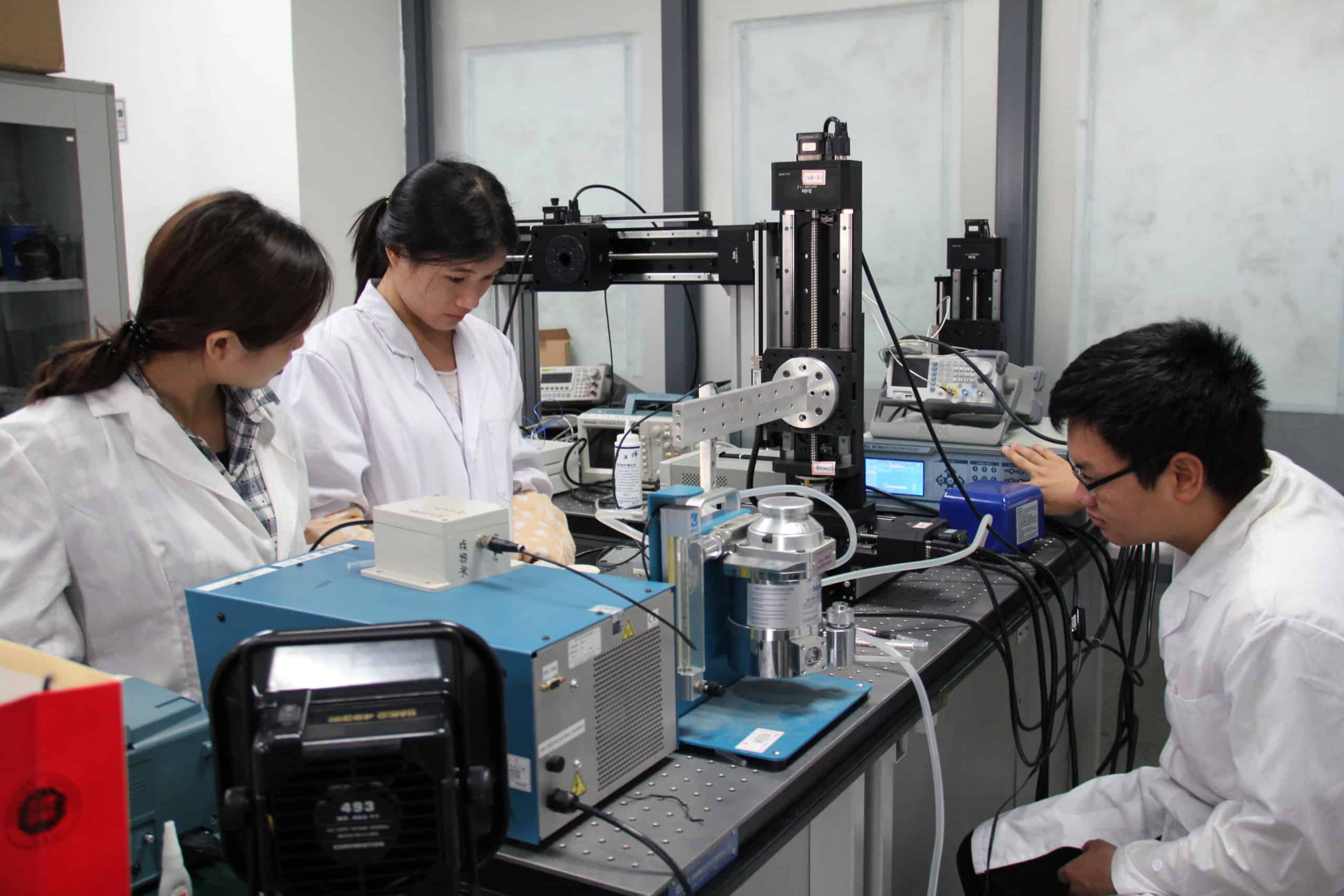Good evening. We’ve said it before and we’ll say it again: these days, every story is a China story. Including, as our cover story this week shows, the reinvention of Intel, a decidedly American company that is hoping to convince the U.S. government that beating China might mean taking a page from the CCP’s industrial policy playbook. Elsewhere, we have infographics explaining America’s sanctions system; an interview with Ken Lieberthal on Washington’s major China challenges; a reported piece on the unprecedented layoffs at China’s biggest tech firms and what they might mean; and an op-ed from Richard Yarrow on how to measure China’s scientific rise. If you’re not already a paid subscriber to The Wire, please sign up here.
Want this emailed directly to your inbox? Sign up to receive our free newsletter.

The Chip Champion?
Determined to keep China locked out of the chip supply chain, the U.S. government is doubling down on efforts to reshore advanced semiconductor manufacturing. But its only homegrown shot to do so, Intel, has fallen behind in recent years. As Katrina Northrop reports this week, the company is now reinventing itself, all while trying to convince the U.S. government that its strength is also the country’s.

The Big Picture: Making Sense of Sanctions
The United States has significantly increased its use of sanctions against Chinese companies in the last four years, but the nature and severity of U.S. trade and business restrictions vary widely. This week, The Wire’s infographics by Eliot Chen take stock of the U.S.’s China sanctions: who manages them, whom they target, and what they mean for the future of U.S. trade and business with China.
A Q&A with Ken Lieberthal

Kenneth G. Lieberthal is one of America’s leading authorities on China’s political system. He has served as an advisor to various branches of the U.S. federal government, including in the Clinton administration as special assistant to the President for National Security Affairs and senior director for Asia on the U.S. National Security Council. In this week’s Q&A with David Barboza, he talks about Washington’s various China mistakes, including TPP, the unbalanced “pivot” to Asia, and the five missteps hurting the Biden administration’s China policy.
Ken Lieberthal
Illustration by Kate Copeland

Layoff Land
As they deal with the aftermath of the regulatory crackdown alongside a poor macroeconomic environment, China’s big tech companies are cutting their operating costs. The unprecedented layoffs will not significantly impact China’s overall unemployment level, but as Katrina Northrop reports this week, they do illustrate wavering growth among the once-booming internet giants.

Measuring and Mis-measuring China’s Scientific Rise
How much is really known about the changes and scale of scientific research in China? In this week’s op-ed, Richard Yarrow, a fellow at Harvard Kennedy School’s Mossavar-Rahmani Center for Business and Government, argues that China’s core resources — in facilities and people — for conducting world-class research are doubtless improving, but likely much more slowly and steadily than most headlines suggest.
Subscribe today for unlimited access, starting at only $19 a month.



